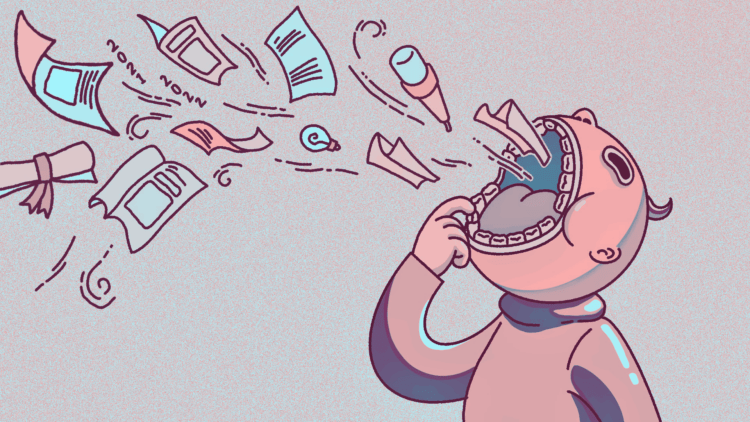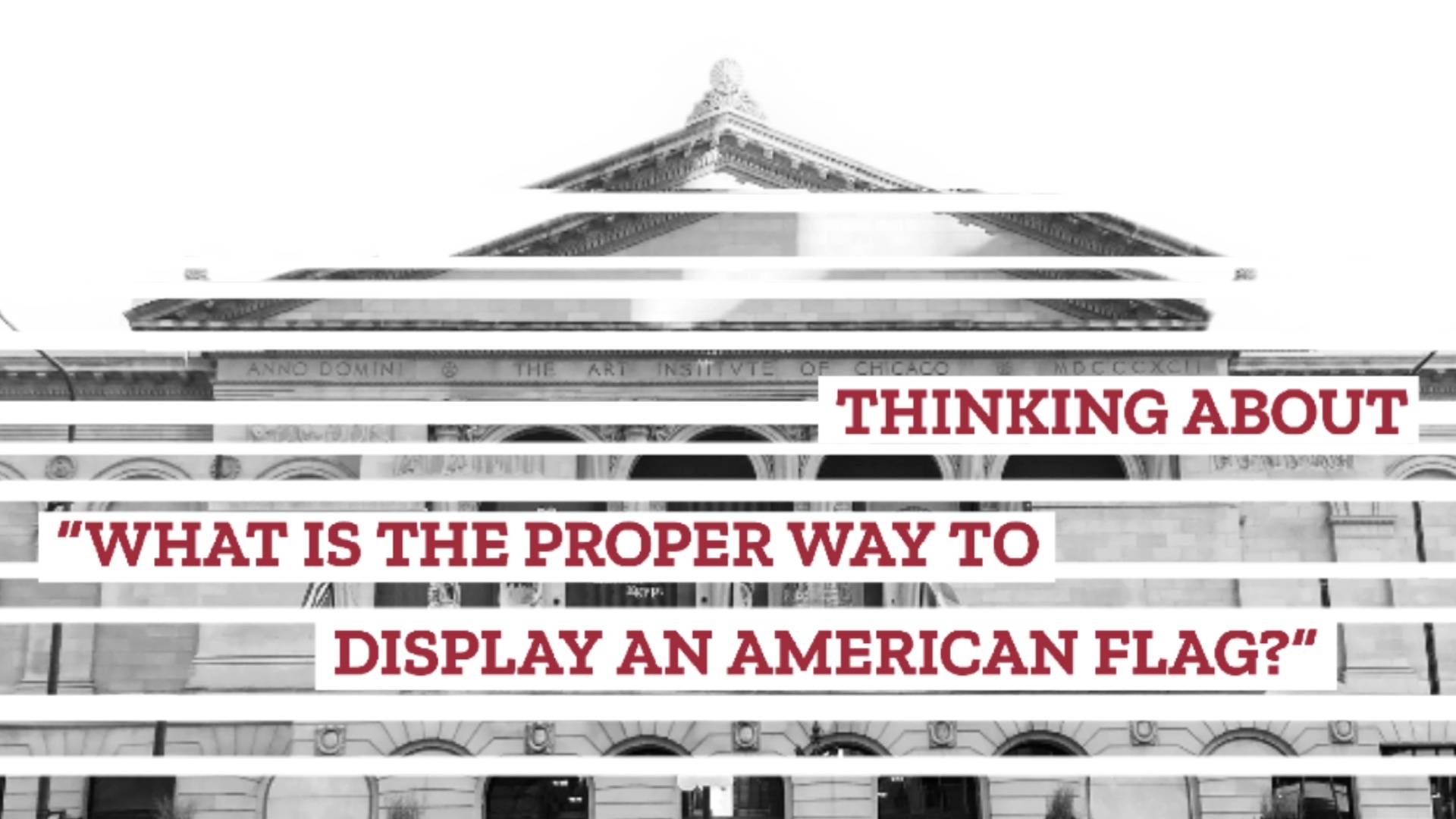
This week’s mascot was written by Parker Yamasaki.
The cost of war
On Thursday, Fast Retailing, the parent company of the clothing brand Uniqlo, temporarily suspended their operations in Russia. With this move they join a group of powerful global companies, including McDonald’s, Starbucks, Apple, H&M Group, Nike, and Ikea that have suspended their operations due to Russia’s war in Ukraine.
Fast Retailing’s announcement is a reversal from their earlier stance that they would continue sales. A week ago,Tadashi Yanai, the company’s founder, told a Japanese newspaper that “clothing is a necessity of life. The people of Russia have the same right to live as we do.” The statement received immediate and powerful backlash, and though the company cites “operational challenges and the worsening of the conflict situation” as the reason they have shut down their stores, one thing is becoming clear for companies in the West: It is more expensive to continue sales in Russia than it is to suspend them.
These efforts are part of a larger strategy to beat Putin at what one Kremlin spokesperson has called “an economic war.” Oleg Deripaska, a prominent Russian billionaire sanctioned by Britain this week, said he expected an economic crisis to last three years. The fact that there is even a hint of discontent among Russian elites is noteworthy and indicative that the sanctions are having an impact, Erica Frantz, a Michigan State University scholar of authoritarianism, told the New York Times.
While political pundits and Russian elites debate the effectiveness of one sanction or another, Russia continues to shell and airstrike cities across Ukraine. According to the New York Times’s tracker, at least eight cities have sustained over four straight days of constant shelling as of this writing, and the attacks continue to widen.

That’s not to say that the sanctions are not worth thinking about. That’s just to say that while diplomats and oligarchs play a real-life game of Risk, keep in mind that there is sustained terror on the ground in Ukraine, and continued individual support is still necessary.
In sports: a place for women to shout
Jenny Nguyen, a chef in Portland, Oregon, just wants to scream. It was 2018, she was watching the NCAA women’s basketball final with her friends in a local bar. As she tells it, the game was 58-58 heading into the final seconds. Notre Dame inbounded the ball after a timeout and their star, Arike Ogunbowale, hit a three-point shot to win the game and the series. Nguyen recalls exploding with her friends in the bar the way that one would expect a sports bar to erupt. But around them, the bar looked on in silence, wondering what had just happened.
This experience catalyzed her to open The Sports Bra, a sports bar that plays only women’s sports. As far as she (and any of the press) can tell, the Portland establishment is the first of its kind in the U.S., and as such, Nguyen has the very specific challenge of keeping the content running. She is working directly with ESPN 3 and Just Women’s Sports to ensure that there is enough coverage to keep the TVs on.
Nguyen hopes that her bar can be part of a shifting tide toward women’s sports coverage and attention. The bar’s campaign to open intersects with news that Brittney Griner, a WNBA star and two-time olympic gold medalist, was detained in Russia a month ago for having cannabis oil in her bag. U.S. media has been shamefully silent on the matter, and given the current state of U.S. – Russia affairs, Griner’s release is unlikely anytime soon. The reason that she was in Russia in the first place was to play ball internationally, in a league that pays female basketball stars nearly quadruple their WNBA base pay.
Interlude: Music
In the Times Magazine’s annual music issue, Hanif Abdurraqib — writer, essayist, MacArthur genius — opens with an essay on “sad bangers.” These songs, Abdurraqib writes, “speak to the frequent misalignment between what the body wants and the mind understands.”
His short playlist and medium-sized article cajoles readers to lean into their messy feelings by way of Bruce Springsteen, Robyn, Lil Nas X, Mitski, and more. Addressing the “minute-by-minute contradictions” that are a product of this era — a longing to see faces and a fear of being too close, a shifting baseline state mixed with sadness mixed with pleasure mixed with heartbreak mixed with desire — Abdurraqib pulls an essay-long double entendre, convincing readers of a song’s ability to elicit these multimodal moments, all the while quietly conjuring through his words those very moments for the reader. For example, he describes Pronoun’s “Half of the Time” as “early-summer brightness that recalls biting directly into a citrus fruit with no regard for how the juice might stain your shirt.” He later describes the way “[the song’s] chorus builds to a point where yelling the words out seems like the only reasonable reaction, even though that vocal catharsis often leaves [him] with nothing beyond a fluorescent burst…”
If any of that speaks (or sings) to you, I recommend the read. And of course, it comes with a soundtrack.
Obama Center is paving the way to change, literally.
The South Side is changing thanks to the addition of the Obama Presidential Center. But is it changing for the better?
The Obama Center development was presented to the public in 2016, gleaming with lofty promises and ambitions: It would be a sprawling complex of open-air spaces, workout facilities, Obama’s Presidential Library, a winter garden, and a world-class museum based around the American ideal of ascension. It would also provide jobs for nearby neighborhoods, like Woodlawn and South Shore, which have faced historic disinvestment.
But all that glitters isn’t gold. Lifelong South Side residents are noticing ballooning rent prices, despite promises from Obama and his surrogates that the Center would not displace current residents. A 2019 study by University of Illinois at Chicago’s College of Urban Planning found that “91% of renters within a two-mile radius of the Obama Center site cannot afford their monthly rent” and eviction rates in South Shore and Washington Park are more than double those in the rest of the city.
As a way of mitigating these effects, community organizers have been working to obtain a Community Benefits Agreement (CBA), or “a legally binding contract between a community and a developer that includes commitments the developer will make to the neighborhood, in exchange for the community’s support,” according to City Bureau’s new, beautifully produced, CBA zine.
President Obama still remains the golden boy of the South Side, one lifelong resident told South Side Weekly, but as another resident put it: “It’s way beyond Obama. We have to focus on saving our lives, our homes.”
Parker Yamasaki (MANAJ 2023) is the managing editor at F Newsmagazine. She is looking for a sunnier place to sit. Reach out to her at [email protected].









